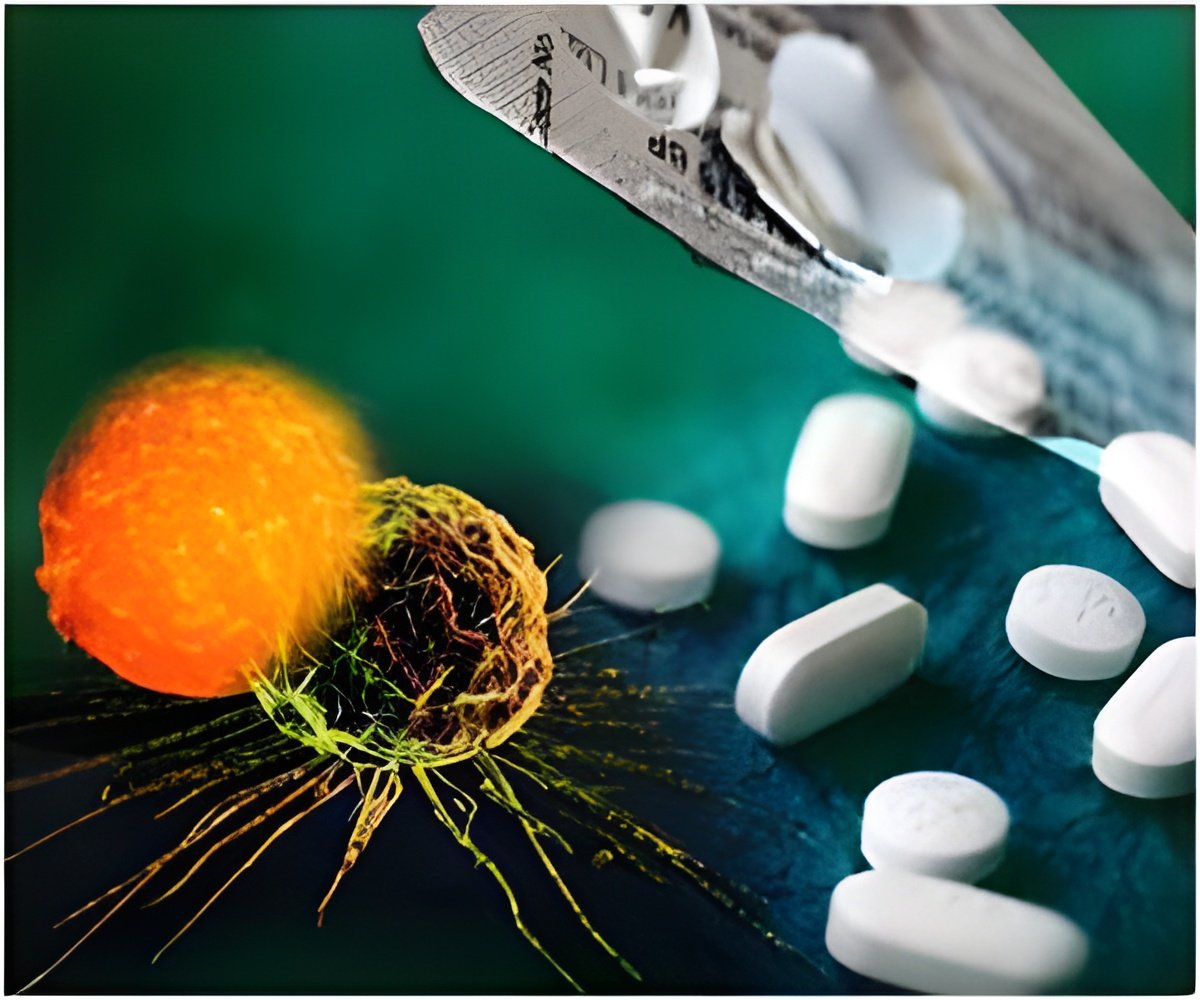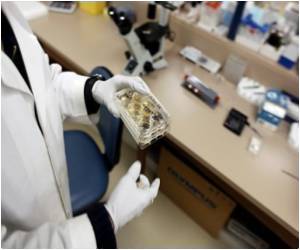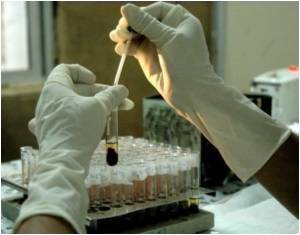
"The central role of capillary sprouting in tumour vascularization makes it an attractive target for anticancer therapy. Our observations suggest, however, that targeting just this mode of blood vessel formation may not be sufficient to result in a significant antitumor effect," commented lead investigators Sandor Paku, PhD, Semmelweis University, Budapest, and Balazs Dome, MD, PhD, Medical University of Vienna.
Investigators from the Semmelweis University, the National Institute of Oncology, and the National Koranyi Institute of Pulmonology, Budapest, Hungary, and the Medical University of Vienna, Vienna, Austria, used electron and confocal microscopy to examine tumour tissue in mice in which malignant tumour cells had been introduced.
They proposed a novel mechanism for the development of tissue pillars (the most characteristic feature of intussusceptive angiogenesis, in which a vessel folds into itself to form two vessels).
Moreover, they demonstrated a significant increase in pillar formation after treatment with the angiogenesis inhibitor vatalanib. Their observations support the notion that inhibition of just a single tumour vascularization mechanism can trigger alternative ones.
"It is well established now that tumours can obtain sufficient blood supply from alternative vascularization mechanisms (such as intussusceptive angiogenesis) to grow without capillary sprouting (known as the key mode of new vessel formation in cancer). Therefore, antiangiogenic therapies should be tailored depending on the angiogenic phenotype in each single tumour, and the targeting of non-sprouting angiogenic mechanisms in cancer seems to be a rational strategy. Our study provides new understanding of cancer-induced intussusceptive angiogenesis and may serve as a basis for the development of novel drugs targeting this type of blood vessel formation," they added.
Advertisement
Source-ANI











